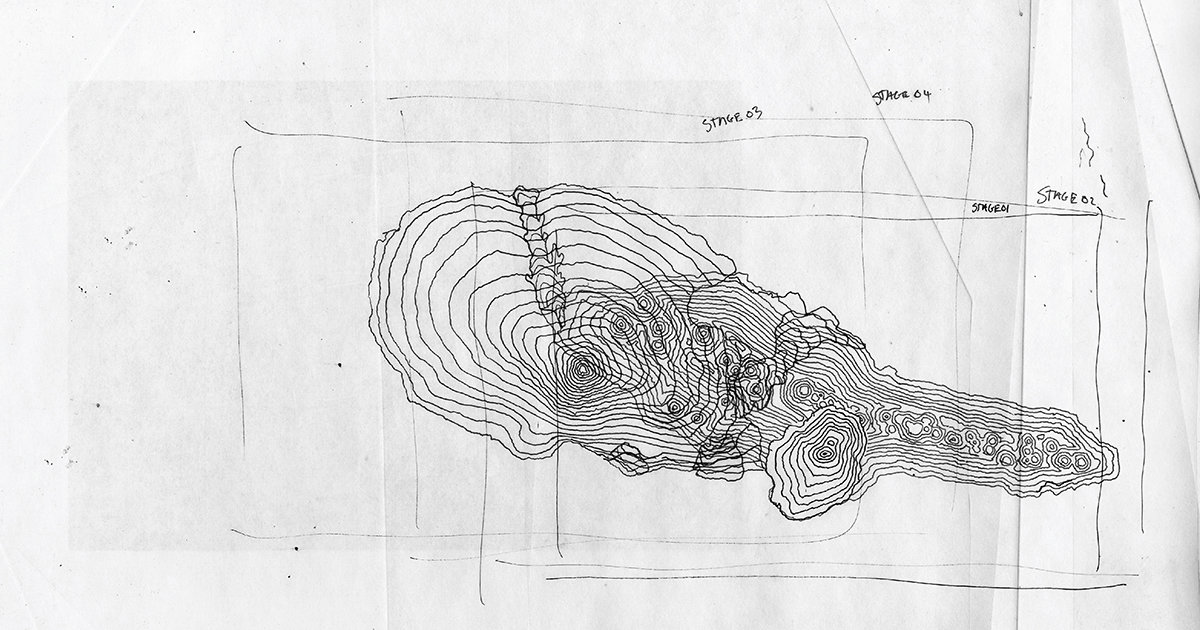
This project is located on Pico Island, one of the nine volcanic island that make up the Portuguese Azores. The project aims to re-establish the historic coastal village as a heart of production with a cooperative winery and school.
Pico's settlers developed a unique method of organizing the baron and volcanic landscape to transform it into productive land. A simple and genial act of arranging the existing stone on the land, resulted in an abundance that allowed the island to develop and the resulting landscape is one that reflects an ecological balance of man and nature.
Today, Pico’s cultural landscape faces a number of social and economical challenges as industry continues to shift from primary production to tertiary sector tourism. Families on the island no longer produce wine on an individual basis and instead, sell their grapes directly to a single, large factory. This organisation represents a significant loss of the diversity of winemaking traditions and practices that make up the islands cultural heritage, and has reduced the work to purely growing.
This diploma project proposes a new cooperative model that would allow local growers to produce their own product once again, utilizing shared equipment and space (funded initially through the islands tourism sector). A new building is proposed that combines winemaking with a school program that would operate over the winter. The project provides an example of how small, productive communities, could self-organise to ensure the continuation of their cultural heritage.